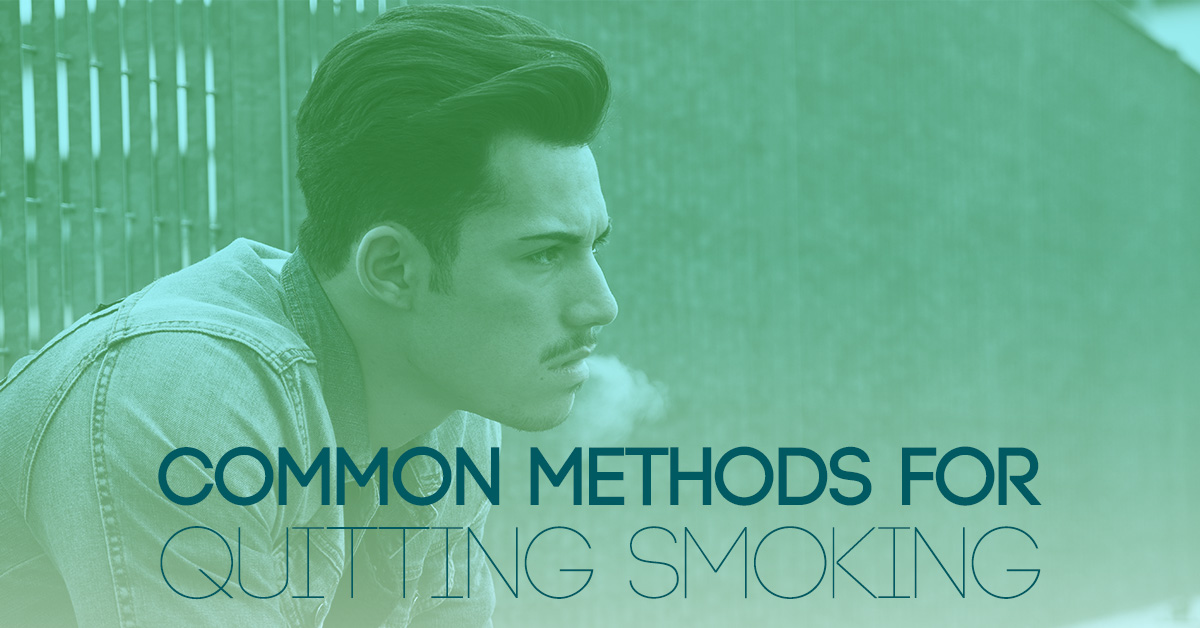Jan 4th 2017
Common Methods for Quitting Smoking

Smoking can affect your health in many ways, including increasing your risk for developing sleep apnea.
Have you had a chance to read our latest blog? If you have, then you already know that smoking can affect both the quality and quantity of sleep you get, and it can even increase your risk for developing a sleep disorder, such as insomnia or obstructive sleep apnea. If you have developed obstructive sleep apnea as a result of smoking, you’ll be glad to know that, along with getting sleep apnea therapy, quitting can help to restore your ability to sleep. And since the new year is here, what better time to quit smoking than the present? Here are the most common methods for quitting smoking:
#1. Going Cold Turkey
Going cold turkey is the most common way people try to quit smoking. In fact, around 90 percent of the people who try to quit do so without any aids, medicine, therapy or outside support of any kind. However, just because most people try to quit this way doesn’t mean that it’s an effective quitting method. Only between four and seven percent of people who try to quit by going cold turkey are actually successful.
#2. Establishing a Plan
Another, more successful option is to pick a date to quit and start working towards it by enlisting help and support from friends and family, identifying your smoking triggers and removing ashtrays and cigarettes from your life. The advantage of establishing a plan is that you can work towards quitting gradually, which is less of a shock to your system.
#3. Nicotine Replacement Therapy
The nicotine in cigarettes is what causes addiction, not the tobacco, and there are many nicotine replacement therapy methods that can help you to slowly wean yourself off of it. Patches, gum, inhalers, lozenges and sprays are all common nicotine replacement options, and using them can greatly increase your chance of quitting smoking.
#4. Behavioral Therapy
Smoking isn’t just a physical addiction, it’s also an emotional addition. For many people, stress and other negative feelings trigger the need to smoke. If you choose to utilize behavioral therapy to help you quit, talking to a counselor could help to identify those emotional triggers so that you can avoid them and improve your chance of quitting successfully.
#5. Medication
Quitting smoking is one of the most difficult things that you will probably do in your life, and many people rely on medication in order to help them quit. Varenicline (Chantix) and Bupropion (Zyban) are both common medications used to help people quit smoking. Keep in mind that you have to have a prescription from your doctor in order to use one of these medications to help you quit.
If you have obstructive sleep apnea, quitting smoking can help to relieve your symptoms so that you can enjoy a better night’s sleep. In addition to quitting smoking, it’s also essential to find the right sleep apnea treatment, and here at CPAP Liquidators, we offer the used CPAP and BIPAP machines you need to treat your sleep apnea affordably. Shop with us today.

